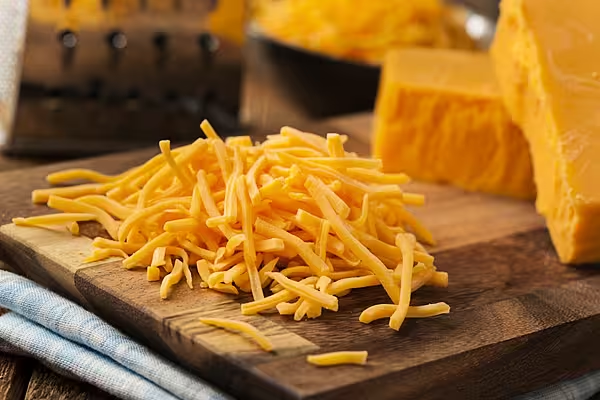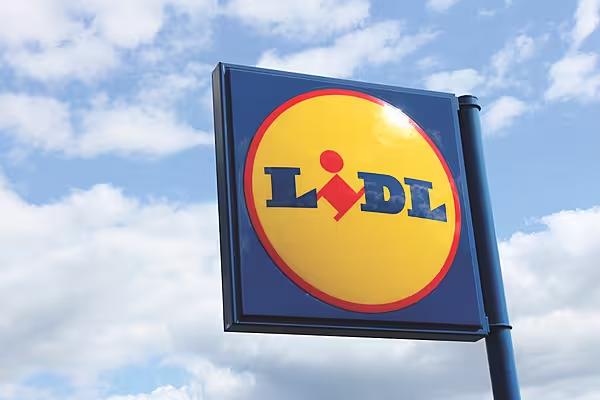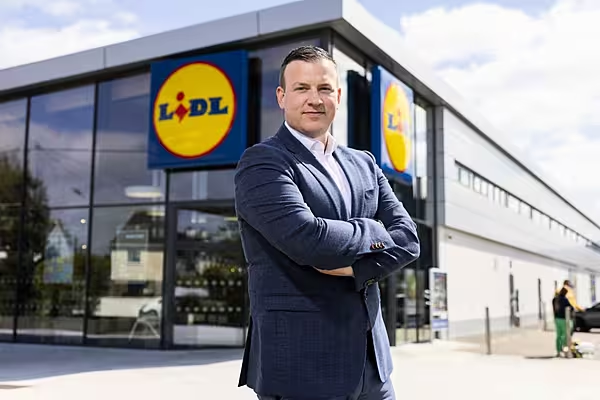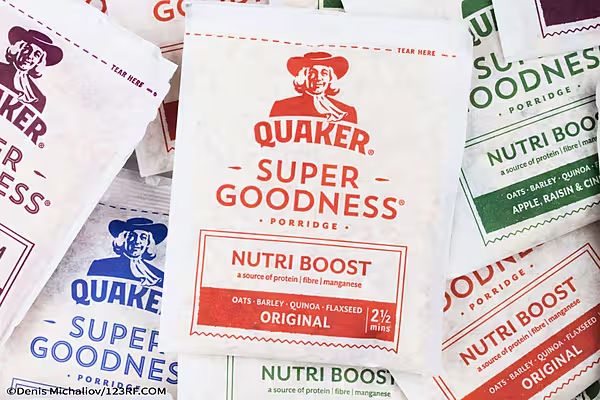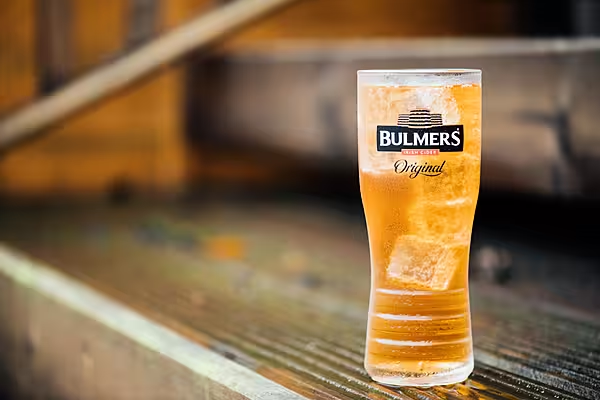British grocery inflation hit a 17-month high in November, with the prices of crisps, savoury snacks and cat food increasing the most, market researcher Kantar said on Tuesday.
It said grocery price inflation was 3.2% in the four weeks to 28 November, its highest since June 2020. But it noted that consumer behaviour hasn’t caught up with price rises yet.
"Habits we’d expect to see shift, like swapping branded products for own label or seeking out promotions, haven’t altered just yet," said Fraser McKevitt, Kantar's head of retail and consumer insight.
Omicron Variant Concerns
He said concerns over the next stage of the pandemic, with the emergence of the Omicron variant, may see consumers change the way they shop in the next few weeks.
Some may prefer to shop online again to limit their visits to stores.
Kantar said the average price of a traditional turkey Christmas dinner for four was £27.48 ($36.42), 3.4% higher than 2020.
Overall Inflation
On Monday, Bank of England Deputy Governor Ben Broadbent said that overall inflation in Britain might "comfortably exceed" 5% in April.
Kantar said UK grocery sales fell 3.8% year-on-year in the 12 weeks to 28 November. In the same period last year sales were boosted by a second COVID-19 lockdown in England and tighter restrictions in Scotland and Wales. Market leader Tesco was again the best performer of the major players.
Tesco won 0.7 percentage points of market share in the period, its biggest jump since 2007, taking it to its highest share since February 2019.
Separately on Tuesday, surveys for the whole UK retail sector showed consumer spending picked up in November, boosted by earlier-than-usual Christmas shopping and a recovery in spending at pubs and restaurants before news of the Omicron variant.
News by Reuters edited by Donna Ahern Checkout. For more Retail stories click here. Click subscribe to sign up for the Checkout print edition.

